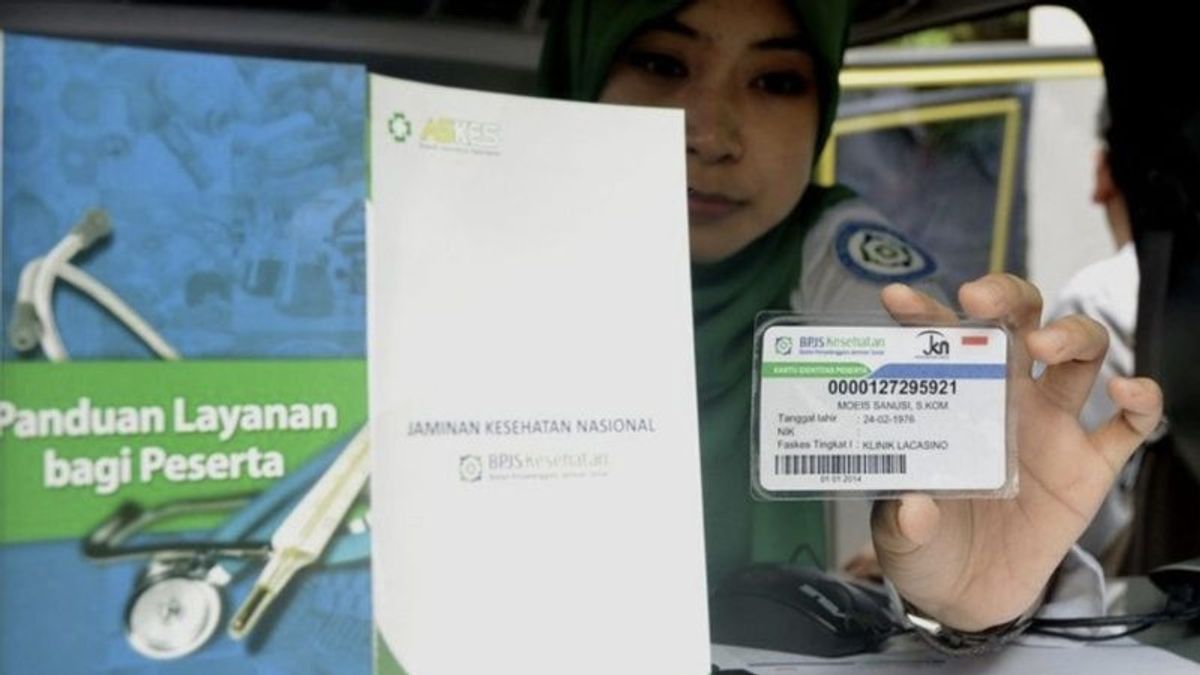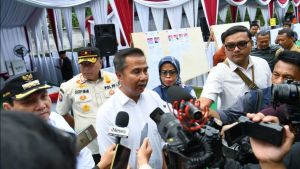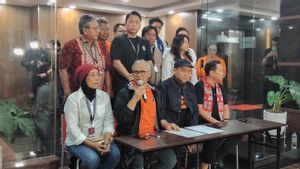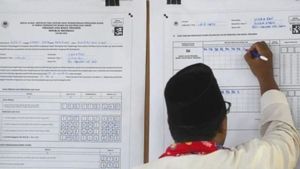JAKARTA - Member of Commission E of the DKI Jakarta DPRD, Achmad Nawawi, is worried about the potential for reducing the number of hospital beds (RS) due to the Standard Inpatient Class (KRIS) policy in the BPJS Health system.
"The implementation of the KRIS has the potential to reduce the capacity of inpatient rooms in hospitals. If it is guided by KRIS, the number of beds in one room is only 4 with a distance between the edges of only 1.5 meters," said Nawawi in his statement, Friday, June 21.
According to Nawawi, many hospitals in Jakarta have six to eight beds in one room. The new KRIS rule, continued Nawawi, has the potential to create a reduction in the number of beds in hospitals.
This is because not all hospitals can convert all inpatient rooms into four beds.
Therefore, with restrictions on the number of beds per room in the KRIS system, hospital managers have to rack their brains. Because they are required to fulfill 12 KRIS systems in order to meet standards," explained Nawawi.
"Hospitals have to change layouts, renovate to repair their layouts. This requires a lot of funding," he continued.
For information, President Joko Widodo issued Presidential Regulation (Perpres) Number 59 of 2024 concerning National Health Insurance (JKN). The Presidential Regulation mandates that the health services of BPJS Health participants apply to KRIS.
The purpose of this Perpres is to ensure that the public as BPJS Kesehatan participants get the same treatment as a substitute for class 1, 2, and 3 systems.
SEE ALSO:
"Through this Presidential Decree, later a maximum of 4 beds will be in one treatment room and there will be a bathroom in each room," said Health Ministry Spokesperson Mohammad Syahril, some time ago.
Presidential Decree 59/2024 has also mandated the relevant ministries and institutions to evaluate and the results of the evaluation will serve as a reference for determining benefits, tariffs, and fees. Thus, the results of the evaluation in the form of a new decree will be applied no later than July 1, 2025.
The English, Chinese, Japanese, Arabic, and French versions are automatically generated by the AI. So there may still be inaccuracies in translating, please always see Indonesian as our main language. (system supported by DigitalSiber.id)
















